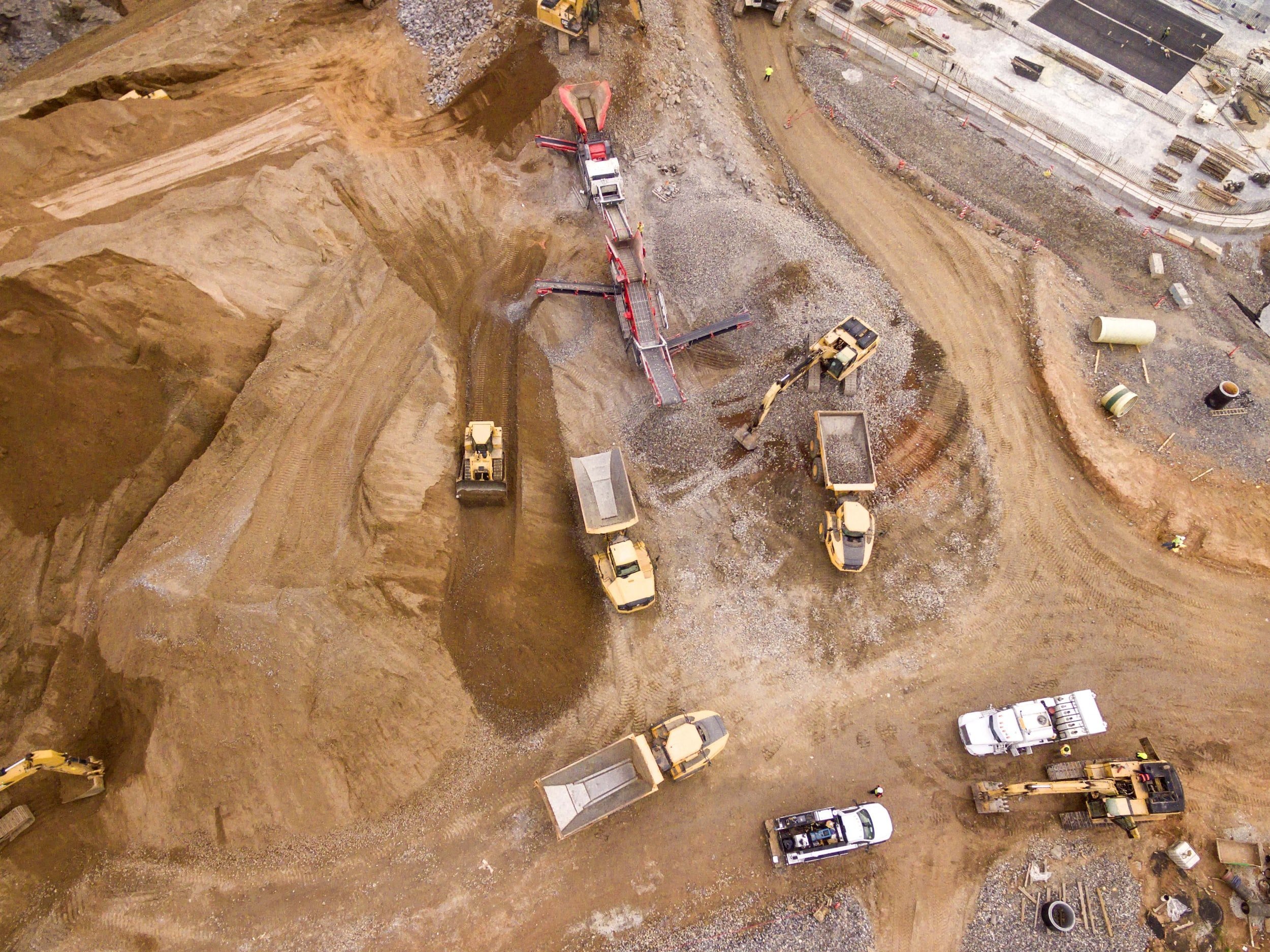OUR INSIGHTS
Methane emissions reduction – A report on international policy and technology insights for the Australian fossil fuel sector


COP27: What about Australia?
So far in our COP27 series we have revisited and reflected on the outcomes of COP26, the progress that has been made, and what we can expect for the future. We have also looked at the NDCs of key economies across major geographic regions. Our third article takes a home grown approach, and looks at what is happening particularly in industry across Australia, and where the major policy challenges lie for the future ahead.

COP27: Commitments and Policy by region
This second article in our COP27 series looks at the Nationally Determined Contributions (NDCs) major emitters in each geographic region will be taking to COP27, as well as the policies these countries has announced to reduce emissions.

COP27: Looking Back to Think Ahead
In the lead up to COP27 in November, we will be releasing a series of articles to help drive conversations and raise awareness of the issues we are facing as a global community. This first article revisits and reflects on the outcomes of COP26, the progress that has been made internationally since Glasgow, and what we can expect at COP27.

The Net-Zero Transition and the Role of Mining
The role of the mining and minerals industry in achieving Net Zero by 2050 will be critical and cannot be overstated. Net-zero emissions pledges have accelerated since COP26 in November 2021, with an increasing number enshrined in law. The number of countries that are pledging to meet net-zero by 2050 continues to rise as governments recognise the physical and financial risks of climate change.

US publicly listed companies face mandatory climate-related financial risk disclosures under SEC proposal
The US Securities and Exchange Commission (SEC) has proposed a rule change that could require publicly listed companies to include climate-related disclosures and GHG emissions in their annual SEC filings, with criminal penalties for knowingly misrepresenting climate-related financial risks

An Unprecedented Quarter in the National Electricity Market
The Australian Energy Market Operator (AEMO) has released its Quarter 2 (Q2), 2022 Energy Dynamics Report (QED), highlighting the supply issues, power outages and record prices in the Australian electricity market.

Raising a new fund in 2024?
2023 gave LPs time to breathe and reflect, and to reach a perspective on the performance of their existing roster. For new GPs raising new funds, it was a tough run, as LPs rebalanced portfolio away from PE and VC as equity markets fell, and due diligence processes ran far harder.

Sink or Swim?: Key Outcomes from COP28
In light of findings from the first Global Stocktake, COP28 negotiations have continued to navigate a plethora of diplomatic and governance issues in the realization of global decarbonisation goals. Discussions on central themes – including fossil fuels, climate finance and sustainable agriculture – have yielded paradoxical outcomes that have generated momentum for global climate action while highlighting just how far there is to go.

The Global Stocktake: Findings and Talking Points for COP28
The United Nations Framework Convention on Climate Change’s technical dialogue on the first Global Stocktake emphatically calls for governments and organisations to raise their ambition for climate commitments and rapidly accelerate implementation over the next decade.

What to look out for at COP28
The upcoming COP28, set to take place in Dubai in November 2023, marks a significant moment in climate change negotiations. Recent catastrophic weather events have heightened the need for decisive action.

Is This the End For Traditional Automotive?
For conventional vehicle companies which are forced to both maintain existing lines and create new EV vehicles, this is a challenging time. Two days ago, BMW announced it would cease the production of internal combustion engines in their home base of Germany. Its main Bavarian plant will be converted for the production of EVs only, while the company relocates its ICE production to the UK and Austria. What can companies facing the transition learn?

Need to Know: 2023 Climate Action Report

Making real change - effective strategy setting in the manufacturing sector
In the manufacturing sector, setting effective corporate strategy means setting least regret strategic priorities to mitigate risk and exploit opportunity, through a process of continuous innovation.

Are physical and transition risks redefining commercial due diligence?

Need to Know: The Carbon Border Adjustment Mechanism

Why rigorous GHG reporting is fundamental to realising net zero targets: Overcoming pitfalls for meaningful disclosure

Methane emissions reduction – A report on international policy and technology insights for the Australian fossil fuel sector
Rennie releases methane emissions reduction report, ‘International policy and technology insights for the Australian fossil fuel sector’.

Rennie is partnering with UK based Compare Your Footprint
This new partnership, a first in Australia for the UK based B Corp Compare Your Footprint, will see Rennie significantly upscale its client offerings in the GHG and ESG measurement and reporting space.

Setting Strategy for a Net Zero World
Our thesis is that markets will hit tipping points in the next 2 years, when the risks and opportunities created through Government transition policy begin to give way to a gradual institutional realisation that the world may not meet the challenge of climate change and that financial and physical risks need to be accounted for more urgently. It is no longer enough to set strategy by consultation.

Safeguard Mechanism Update
Safeguard Mechanism Update

